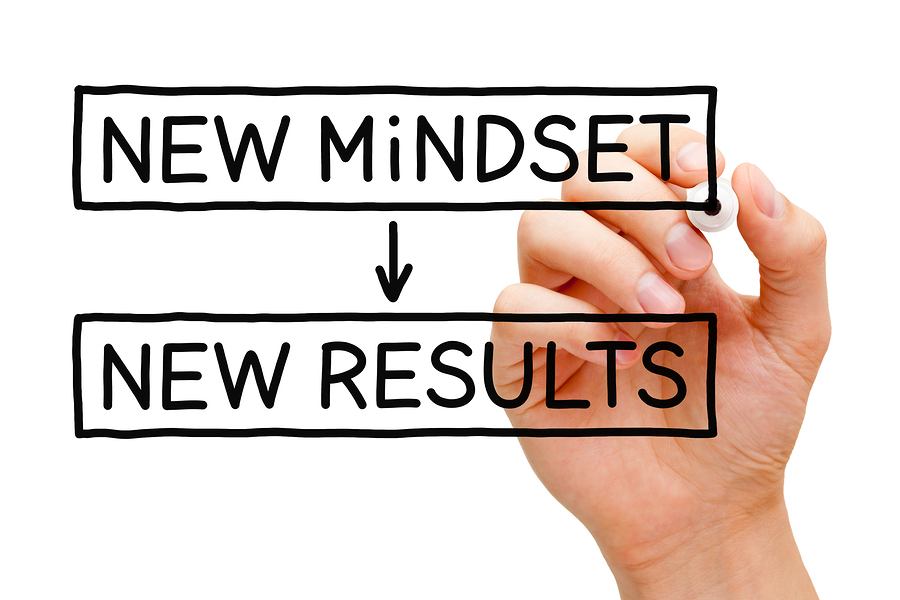Polyamory Presentation at the Multicultural Summit | Guest Post by Ryan Witherspoon, MA
This is a guest post by Ryan Witherspoon, MA. Ryan is a psychology graduate student, completing his MA at Pepperdine University and preparing to enter a doctoral program this Fall. He is training to become a clinical psychologist and will eventually work in private practice, teach and conduct research. He intends to specialize in working with sexual minority (LGBTQA, kink, poly) clients as well as their relationships and families.
Last month I was fortunate to present a poster titled “Polyamory as a Cultural Identity: Implications for Clinical Practice” at the National Multicultural Conference and Summit in Houston Texas. The poster presented a literature review on polyamory geared towards clinicians, woven together with my ethnographic impressions, sample case vignettes and comments from clinicians both with and without experience serving this population.
The notion of positive and successful consensual non-monogamy continues to be a controversial topic in the psychological community. This is especially true for polyamory, which so far seems to retain the fringe attribution that other forms of consensual non-monogamy, such as open relationships or swinging, have gradually sloughed off via growing public awareness (and tacit acceptance) of these practices. However as I discussed in my poster, it is becoming increasingly evident that polyamory may be far more common than many realize.
Given my premise that polyamory can constitute a distinct and evolving culture, it seemed fitting to present at a conference dedicated to multiculturalism. However I must admit to feeling anxious about how my poster would be received. Waking nightmares of distinguished psychologists angrily and loudly contesting, or worse – cursorily dismissing my work haunted me in the days leading up to the presentation.
Fortunately, as with my symposium presentation on LGBT polyamory at last year’s APA convention, the response could not have been more positive and encouraging. Every single person I spoke with was incredibly enthusiastic about the topic and my work.
My poster received an enormous amount of interest and traffic; I spent the entire 90 minute session talking to people individually or in groups. It seemed like nearly everyone who saw the title stopped to stay a while. The important take-away for me however was not just the positivity of psychologists’ reactions, but the particular flavor of them.
Beyond appreciating the poster, numerous people personally thanked me for sharing work on this topic. Their reactions were as much emotional as intellectual, expressing relief and gratitude. Psychologists and students alike spoke with me about the dire need for greater awareness of these issues among the clinical community. Numerous times throughout the session clinicians told me stories of polyamorous clients at their practice, clinic or school that nobody knew how to work with. I heard reports of biased supervisors, ignorant trainees, and clientele whose needs were going unmet due to the paucity of clinically-relevant knowledge on alternative sexualities.
My experiences presenting on polyamory at APA and the National Multicultural Conference and Summit have reinforced my belief that alternative sexualities are rapidly growing in participation and visibility. I sincerely hope that expanding education and training among clinicians about these populations will ameliorate widespread biases and gaps in knowledge.
Diversity and multiculturalism are by definition expansive and inclusive concepts. Therefore I believe that – as with LGBT populations decades ago – we must embrace the fact that these communities exist, they are more common than many realize, and psychologists must rise to the occasion by establishing standards of culturally competent care for them.

September 7, 2014 @ 8:14 pm
My partner and I have been married for 5 years and poly for life. While we have been polyamorous together things have been a bit difficult, running into issues here and there. After we changed our ‘rules’ to be simply just open communication and honesty things got a lot easier. Thanks for your posting, we love reading about other people in similar relationships and how to navigate the emotions behind everything.
October 6, 2014 @ 9:39 am
I’ll make sure Ryan Witherspoon, MA is aware of your comment!